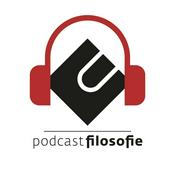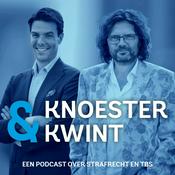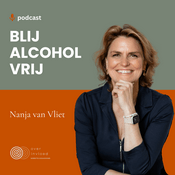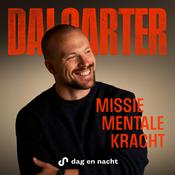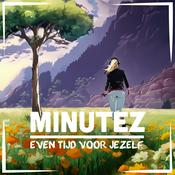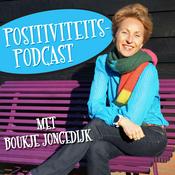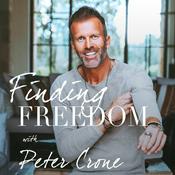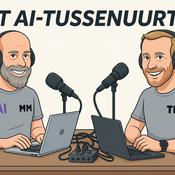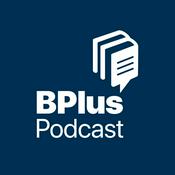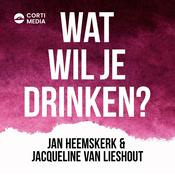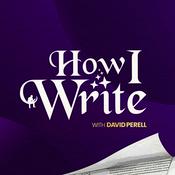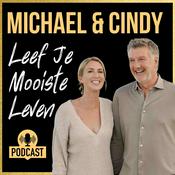63 afleveringen

The AI Threat to Privacy
17-10-2025 | 1 u. 13 Min.
Artificial intelligence is transforming how data is collected, shared, and analyzed—often in ways that outpace existing privacy law. In this insightful conversation, George Washington Law Professor Daniel Solove, one of the nation’s leading experts on privacy, examines how AI exposes the limits of the American right to privacy. From the third-party doctrine to landmark cases such as Carpenter v. United States, Solove explains how government reliance on privately gathered data allows surveillance to expand without constitutional scrutiny. He argues that our privacy framework—built for a world of discrete searches—cannot withstand the continuous, AI-driven flow of personal information that now defines modern life.How to Earn CLE CreditListen to the full program, note the verification code announced during the recording, then log in to your TalksOnLaw account to record attendance and download your certificate.At the time of publication, this podcast is approved for 1 hour of General MCLE credit in California. Check your jurisdiction for reciprocal credit. MCLE certificates are issued only to TalksOnLaw “Premium” or “Podcast” members. Visit www.talksonlaw.com to learn more.

Defending Words
07-8-2025 | 1 u. 34 Min.
Free speech has long been a constitutional cornerstone in the United States—but in recent years, calls for censorship have surged. Whether in response to hate speech, misinformation, or online harm, efforts to restrict expression are on the rise. In this provocative conversation, former ACLU president and NYU Law Professor Nadine Strossen mounts a powerful defense of the First Amendment. Drawing from her latest book, War on Words: 10 Arguments Against Free Speech—And Why They Fail, Strossen explores the legal doctrines that protect speech, explains why censorship often backfires, and warns of the dangers in allowing government or platforms to decide which ideas are acceptable. A must-listen for anyone concerned about the future of civil liberties.How to Earn CLE CreditListen to the full program, note the verification code announced during the recording, then log in to your TalksOnLaw account to record attendance and download your certificate.At the time of publication, this podcast is approved for 1.5 hours of General MCLE credit in California. Check your jurisdiction for reciprocal credit. MCLE certificates are issued only to TalksOnLaw “Premium” or “Podcast” members. Visit www.talksonlaw.com to learn more.

Trump Orders: Law Firms on the Line
28-5-2025 | 1 u. 18 Min.
When a string of 2025 executive orders barred select law firms from federal buildings, revoked security clearances, and threatened to cancel their clients’ government contracts, Big Law took notice. Yale Law professor John Morley—author of Why Law Firms Collapse—joins Talks On Law host Joel Cohen to explain:how the orders leverage client pressure to destabilize even thriving partnerships;the “bank-run” dynamic of partner exits and collapsing profits-per-partner;bankruptcy claw-back rules and unfinished-business liability that haunt partners who stay;ethics constraints under Model Rules 5.4 and 5.6 that limit outside capital, speed lawyer mobility, and allow for this unique risk;why transactional giants settled while litigation shops fought—and the reputational trade-offs for both.How to Earn CLE CreditListen to the full program, note the verification code announced during the recording, then log in to your TalksOnLaw account to record attendance and download your certificate.This podcast is approved for 1.25 hours of MCLE credit in Legal Ethics. Check your jurisdiction for reciprocal credit. MCLE available to TalksOnLaw “Premium” or “Podcast” members. Visit www.talksonlaw.com to learn more.)

Scroll Control – Regulating Social Media for Kids
07-5-2025 | 1 u. 31 Min.
Growing evidence links heavy social‑media use to rising anxiety, bullying, and sextortion among kids, and state lawmakers are racing to respond. In this interview, Harvard Law School’s Leah Plunkett—reporter for the Uniform Law Commission’s child‑influencer act—and University of Virginia family‑law scholar Naomi Cahn examine how new statutes seek to verify age, require parental consent, and redesign feeds to curb addictive features.Plunkett and Cahn compare Florida’s and Utah’s sweeping under‑14 account bans with New York’s pending “SAFE for Kids Act,” explore design mandates such as late‑night notification curfews, and explain why long‑standing COPPA rules leave teens largely unprotected. They unpack First Amendment and privacy challenges already moving through the courts, highlight emerging “digital Coogan” laws that safeguard child‑creator earnings, and note international moves—from Australia’s proposed under‑16 ban to the U.K.’s Age‑Appropriate Design Code.(Credits: General 1.5 hrs | MCLE available to TalksOnLaw “Premium” or “Podcast” members. Visit www.talksonlaw.com to learn more.)

Confronting the Disinformation Engine
14-4-2025 | 1 u. 5 Min.
Digital platforms now enable the near-instantaneous distribution of information, including misinformation and disinformation, to vast audiences. Disinformation refers to false or manipulated information deliberately created to deceive, whereas misinformation is inaccurate or misleading information that is sometimes shared without harmful intent. Professor Barbara McQuade—a former U.S. attorney and current professor of National Security Law at the University of Michigan Law School—explores these challenges and the legal weapons to combat them, noting that disinformation currently poses one of the biggest threats to national security.(Credits: General 1hr | MCLE available to TalksOnLaw “Premium” or “Podcast” members. Visit www.talksonlaw.com to learn more.)
Meer Onderwijs podcasts
Trending Onderwijs -podcasts
Over California MCLE Podcast
Luister naar California MCLE Podcast, AI, je nieuwe collega en vele andere podcasts van over de hele wereld met de radio.net-app
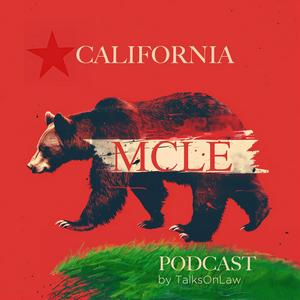
Ontvang de gratis radio.net app
- Zenders en podcasts om te bookmarken
- Streamen via Wi-Fi of Bluetooth
- Ondersteunt Carplay & Android Auto
- Veel andere app-functies
Ontvang de gratis radio.net app
- Zenders en podcasts om te bookmarken
- Streamen via Wi-Fi of Bluetooth
- Ondersteunt Carplay & Android Auto
- Veel andere app-functies


California MCLE Podcast
download de app,
luisteren.


